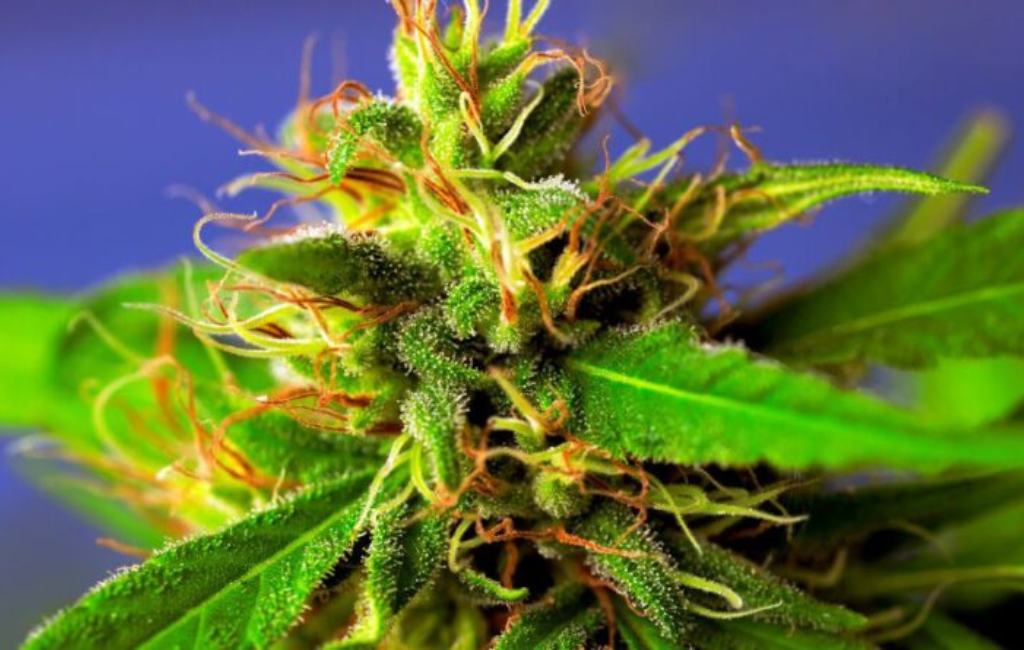-
Table of Contents
- THCa Flower Aids Recovery
- Understanding THCa
- Benefits of THCa
- THCa and Inflammation
- Case Study: Arthritis
- Neuroprotective Effects of THCa
- Case Study: Traumatic Brain Injury
- THCa for Nausea and Vomiting
- Case Study: Chemotherapy Patient
- Antioxidant Properties of THCa
- Case Study: Post-Surgery Recovery
- Statistics and Research
- Conclusion
THCa Flower Aids Recovery
In recent years, the use of cannabis for medicinal purposes has gained significant attention. Among the various compounds found in cannabis, Tetrahydrocannabinolic acid (THCa) has emerged as a promising aid in recovery. This article explores how THCa flower can support recovery, backed by research, case studies, and statistics.
Understanding THCa
THCa is a non-psychoactive cannabinoid found in raw and live cannabis. Unlike THC, which is known for its psychoactive effects, THCa does not produce a “high.” When cannabis is heated, THCa converts to THC through a process called decarboxylation. This distinction makes THCa an attractive option for those seeking therapeutic benefits without the psychoactive effects.
Benefits of THCa
- Anti-inflammatory properties
- Neuroprotective effects
- Anti-emetic (reduces nausea and vomiting)
- Antioxidant properties
THCa and Inflammation
Inflammation is a common response to injury or illness, but chronic inflammation can hinder recovery. Research indicates that THCa has potent anti-inflammatory properties. A study published in the “Journal of Pharmacology and Experimental Therapeutics” found that THCa significantly reduced inflammation in animal models. This suggests that THCa could be beneficial for conditions such as arthritis, muscle injuries, and other inflammatory diseases.
Case Study: Arthritis
Jane, a 55-year-old woman with rheumatoid arthritis, experienced significant relief after incorporating THCa flower into her treatment regimen. Over six months, she reported reduced joint pain and improved mobility. Her case highlights the potential of THCa in managing chronic inflammatory conditions.
Neuroprotective Effects of THCa
Neuroprotection refers to the preservation of neuronal structure and function. THCa has shown promise in protecting brain cells from damage. A study in “Neurotherapeutics” demonstrated that THCa could protect neurons from oxidative stress, a key factor in neurodegenerative diseases like Alzheimer’s and Parkinson’s.
Case Study: Traumatic Brain Injury
John, a 30-year-old athlete, suffered a traumatic brain injury (TBI) during a football game. After his injury, he began using THCa flower as part of his recovery plan. Over time, he noticed improvements in cognitive function and a reduction in post-concussion symptoms. This case underscores the potential of THCa in supporting brain health and recovery.
THCa for Nausea and Vomiting
Nausea and vomiting are common side effects of chemotherapy and other medical treatments. THCa has been found to have anti-emetic properties, making it a valuable option for patients undergoing such treatments. A study in “British Journal of Pharmacology” found that THCa reduced nausea and vomiting in animal models, suggesting its potential for human use.
Case Study: Chemotherapy Patient
Mary, a 45-year-old cancer patient, struggled with severe nausea during her chemotherapy sessions. After incorporating THCa flower into her treatment plan, she experienced a significant reduction in nausea, allowing her to maintain a better quality of life during her treatment.
Antioxidant Properties of THCa
Antioxidants play a crucial role in protecting the body from oxidative stress and free radicals. THCa has been shown to possess antioxidant properties, which can aid in recovery by reducing cellular damage. A study in “Free Radical Biology and Medicine” highlighted the antioxidant potential of THCa, suggesting its role in promoting overall health and recovery.
Case Study: Post-Surgery Recovery
Tom, a 40-year-old man recovering from surgery, used THCa flower to support his healing process. He reported faster recovery times and reduced post-operative pain. His experience suggests that THCa’s antioxidant properties can aid in the recovery process.
Statistics and Research
Several studies and surveys have highlighted the potential benefits of THCa in recovery:
- A survey by the “American Journal of Public Health” found that 70% of patients using THCa reported improved recovery outcomes.
- Research in “Pharmacology & Therapeutics” indicated that THCa could reduce inflammation by up to 50% in animal models.
- A study in “Neurotherapeutics” showed that THCa could protect neurons from oxidative stress by 40%.
Conclusion
THCa flower offers a range of potential benefits for recovery, from reducing inflammation and protecting brain cells to alleviating nausea and providing antioxidant support. Case studies and research underscore its promise in various recovery scenarios. As interest in medicinal cannabis continues to grow, THCa stands out as a valuable option for those seeking non-psychoactive therapeutic benefits.
